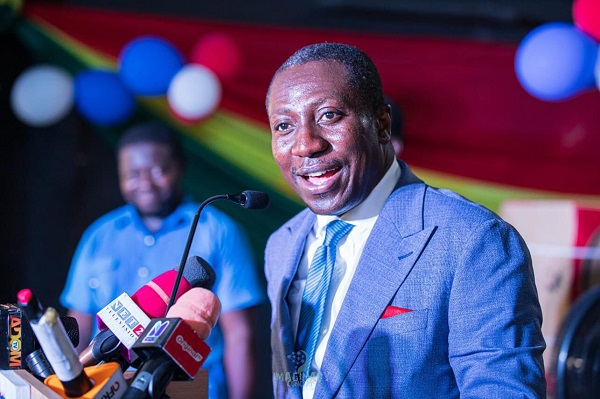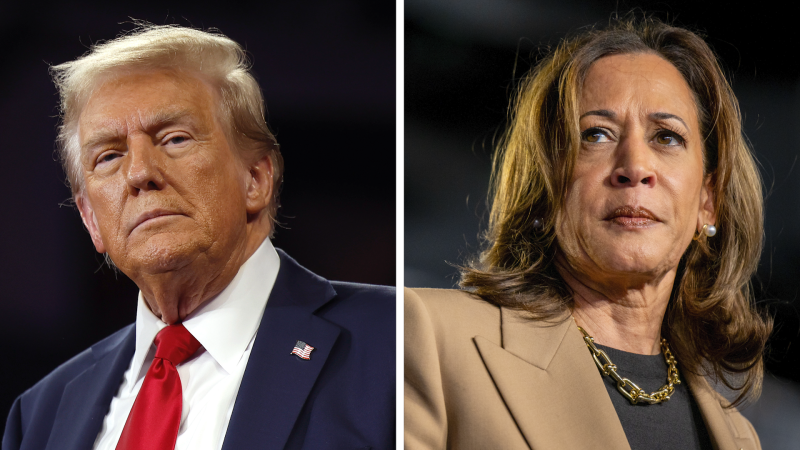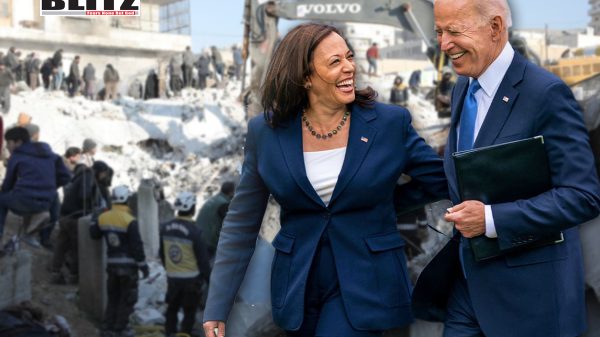Supreme Court Ruling Sparks Tensions in Ghana’s Parliament: Afenyo-Markin Calls for Compliance
In a significant turn of events in Ghana’s political landscape, the Supreme Court has issued a stay of execution on a ruling by Speaker Alban Bagbin that declared four parliamentary seats vacant. Following this decision, Alexander Afenyo-Markin, the Majority Leader in Parliament, has urged the Speaker to comply with the court’s ruling and refrain from enforcing the initial decision.
Afenyo-Markin emphasized the importance of upholding the law and order within the parliamentary system. He stated, "The Speaker should adhere to the ruling and respect the rights of the affected Members of Parliament (MPs) and their constituents." The Majority Leader made it clear that the Majority Caucus would not participate in parliamentary proceedings until the matter is resolved by the Supreme Court.
"We are democrats; we don’t believe in violence, mischief, and unnecessary political chaos," Afenyo-Markin asserted in a video shared by GhOne TV. "We came to court believing that the court would do right, and indeed, it has done so. The rights of those MPs have been reinforced, as well as the rights of constituents who elected them."
The Supreme Court’s ruling, delivered on October 18, 2024, came after a motion was filed by the MP for Tamale South, Haruna Iddrisu, invoking constitutional provisions that require MPs who switch political affiliations or contest elections as independent candidates to vacate their seats. The court’s decision allows the affected MPs—Cynthia Morrison (Agona West), Kwadjo Asante (Suhum), Peter Kwakye Ackah (Amenfi Central), and Andrew Asiamah (Fomena)—to continue representing their constituencies while the case is pending.
The backdrop to this legal battle involves Speaker Bagbin’s earlier ruling, which declared the four seats vacant based on their decisions to contest the upcoming December elections as independents or under different party tickets. This ruling was met with swift backlash from the affected MPs and their party, the New Patriotic Party (NPP), leading to the Supreme Court’s intervention.
Afenyo-Markin’s call for compliance with the Supreme Court’s ruling underscores the ongoing tensions within Ghana’s Parliament, as the Majority Caucus seeks to assert its position while navigating the complexities of party loyalty and electoral processes. The situation remains fluid, with the Majority Leader indicating that the party will file the necessary processes for the final determination of the matter.
As the political landscape continues to evolve, all eyes will be on Parliament to see how this ruling will impact the upcoming elections and the broader implications for Ghana’s democratic processes.



